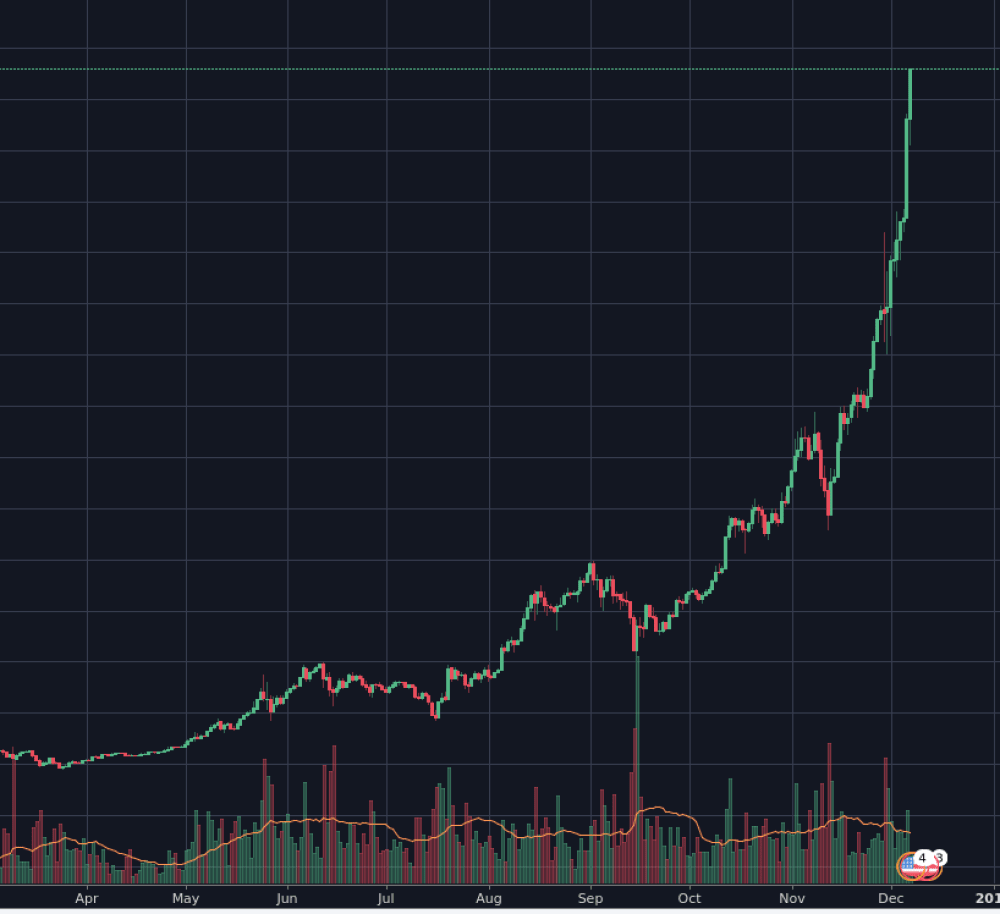If you don't get the reference then you might not be as familiar with bubbles as you ought to be.
Res tantum valet quantum vendi potest
Most people have an idea or understanding of what happened during the course of the 'dot-com' bubble. Even less have heard of 'tulip-mania' which was one of the more famous bubbles in history. A tulip bulb cost as much as an entire estate at the peak of the bubble and was worth less than onion after the collapse.
History tends to repeat itself.
Especially in markets. The way assets are exchanged has evolved and developed over time. Human nature on the other hand hasn't changed at all. This is the reason that no matter how complex our markets become they will always behave the same.
Quote
I leave you with a quote from Burton Malkiel's A Random Walk Down Wall St -
It was called the tronics boom, because the stock offerings often included some garbled version of the word "electronics" in their title, even if the companies had nothing to do with the electronics industry. Buyers of these issues didn't really care what the companies made so long as it sounded electronic, with a suggestion of the esoteric. For example, American Music Guild, whose business consisted entirely of the door-todoor sale of phonograph records and players, changed its name to Space-Tone before "going public." The shares were sold to the public at 2 and, within a few weeks, rose to 14.
The name was the game. There were a host of "trons" such as Astron, Dutron, Vulcatron, and Transitron, and a number of "onics" such as Circuitronics, Supronics, Videotronics, and several Electrosonics companies. Leaving nothing to chance, one group put together the winning combination Powertron Ultrasonics.
